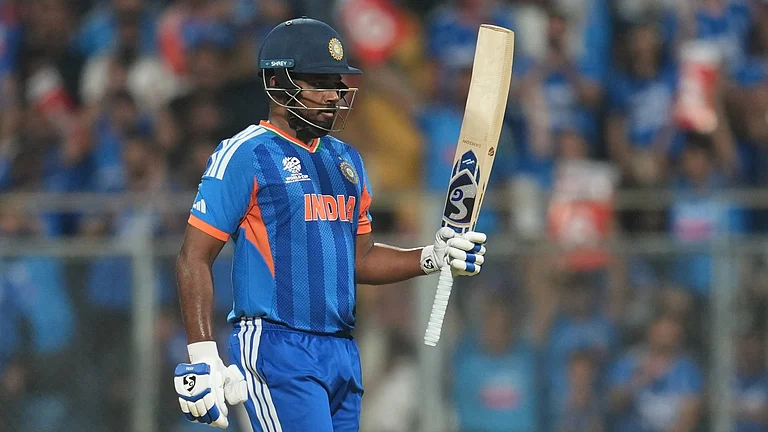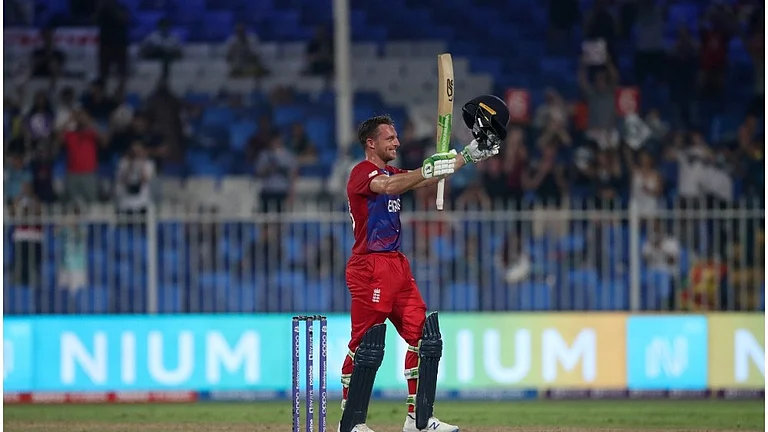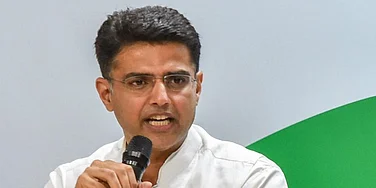“Constitutional morality is not a natural sentiment. It has to be cultivated. We must realise that our people have yet to learn it. Democracy in India is only a top-dressing on an Indian soil which is essentially undemocratic”: Dr BR Ambedkar.
On January 17 in 2016, a “murder” took place inside a varsity in Hyderabad. It was a “murder” of a different sort. There was no murderer in this case. Instead, casteism coupled with discrimination and indignities had forced a scholar to end his life.
Rohith Vemula, a 26-year-old PhD sociology scholar couldn’t take caste discrimination anymore that day. He ended his life at Hyderabad Central University. More than two decades back, Vemula was born in a Dalit family, a section considered “untouchable” in the country despite over 70 years of freedom. The bias still persists, and according to various studies, people like Vemula have to face this brutality each minute in this country of over 140 billion. They have to live with this indelible mark of “untouchability” for their life.
Even though the practice of "untouchability" has been prohibited in India under Article 17, Dalits continue to face widespread abuse across the country. And there have been instances where attempts of Dalits to tread upward in the class hierarchy of society have been violently put down. It was what happened with Vemula. He was a member of the Ambedkar Students' Association, which fights for the rights of Dalit students at Hyderabad Central University.
Vemula was among the five Dalit students who were protesting against their expulsion from the university's housing facility. The group faced allegations that they attacked a member of the Akhil Bharatiya Vidyarthi Parishad (ABVP) - the student wing of the Bharatiya Janata Party (BJP). The group had denied the allegation and even the university had cleared them in an initial inquiry. However, the university reversed its decision later that year in December.
Following the university’s decision, the avid reader of revolutionary literature, Vemula gave a glimpse of his inner state.
“I always looked at the stars and wanted to be a writer, a writer of science like Carl Sagan. But in the end, this is the only letter I am going to write. I loved science, stars, and nature --- but then I loved people without knowing that people have long since divorced from nature. Our feelings are second hand. Our love is artificial, our beliefs coloured. It has become truly difficult to love without getting hurt,” Vemula had written.
Perhaps in his address to the “injustice” meted out to him, Vemula wrote, “Please give us poison at the time of admission itself instead of humiliating us like this”.
He further wrote, “For some people, life itself is a curse. My birth is my fatal accident. I can never recover from my childhood loneliness. I am not hurt at this moment. Not sad, just empty. That is pathetic. That is why I am doing this."
Vemula scribbled his feelings on paper before ending his life.
After Vemula’s death, several students, activists, and teachers demanded that universities implement a 'Rohith Act'. The demand was made by members of the JAC for Social Justice. They rallied for the legislation to be brought. They believed the legislation would ensure legislative protection for students from marginalised communities in higher educational institutions.
In India, the issue of caste discrimination is further intertwined with religion. There are several in the country who opine that the caste system is history in India since the government’s policies reserving seats for lower-caste students at top universities in the country have helped many land tech jobs in foreign countries in recent years. But does that stand true?
Even Opposition parties including Congress had targeted the BJP government led by PM Narendra Modi, saying that marginalised communities including Dalits are facing discrimination. BJP had retorted back, saying the Opposition including Congress are playing politics over Vemula’s death.
Six years later in 2023, there has been deja vu.
A teenager Darshan Solanki jumped from the top of a building at the Indian Institute of Technology (IIT) Bombay. An IITian, Solanki, with a promising career had decided to end his life after allegedly finding himself “misfit” among his peers at one of the top engineering institutions in the country. Solanki before taking the extreme step had allegedly told his family that his friends felt “jealous” of him for pursuing the course for free.
Dalit rights activist Beena Pallical had earlier told Outlook, "The reflection of the society is also reflected in higher educational institutes. Caste continues to be practised and it is further propagated with teachers passing casteist comments."
Solanki’s death generated outrage in the country with Ambedkar Periyar Phule Study Circle (APPSC) at IIT Bombay demanding the resignation of the director of the engineering institution.
“…What is most distressing in this whole episode, is the consistent attempts by the administration, including the Director, to out rightly deny that there is any caste discrimination on campus…,” said APPSC IIT Bombay.
It also added, “It's the administration's lack of competence and lack of merit, to put it in their own language, to run institutes with such diverse populations. We hope they start the learning process, at least now”.
While the death of one Rohith Vemula remains etched in the memory of India's caste-based violence, there remain a hundred other students whose stories become glaring examples of how caste-based politics can play with the life of educated, aware and empowered youths.






















